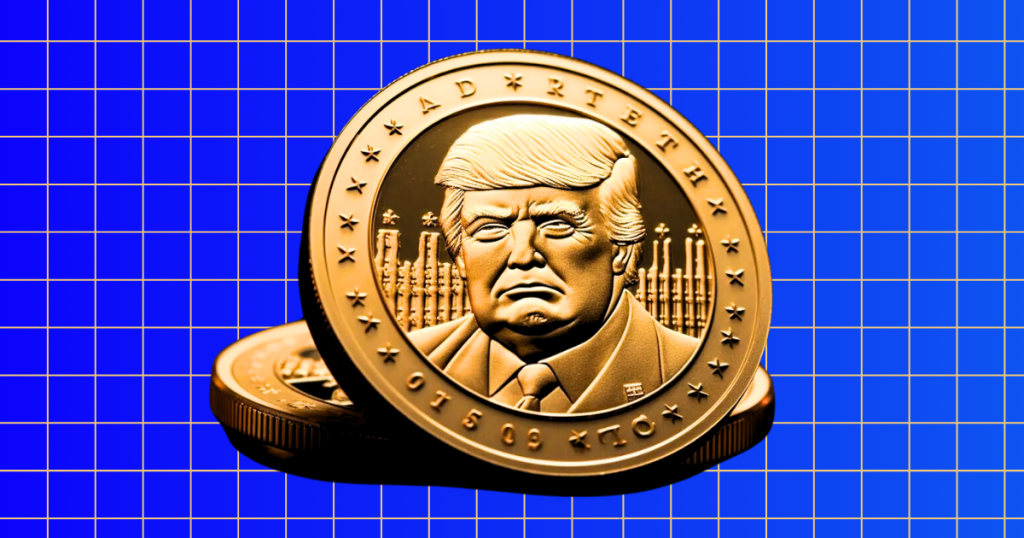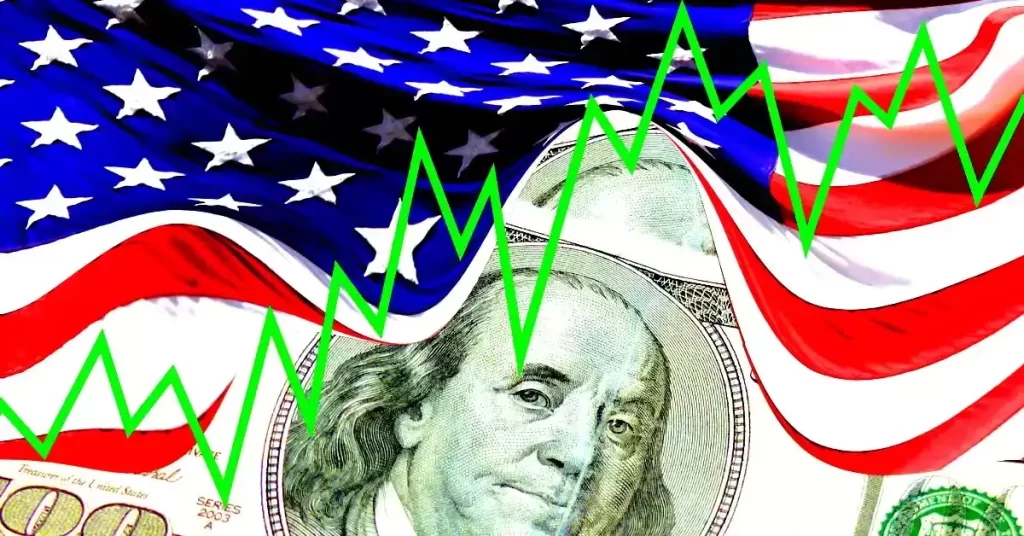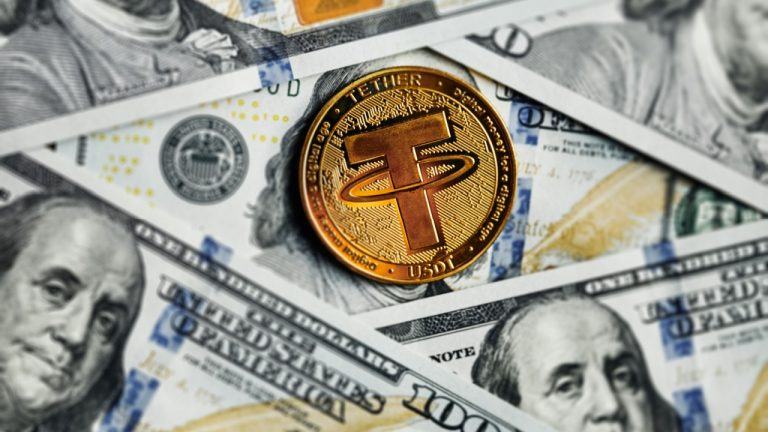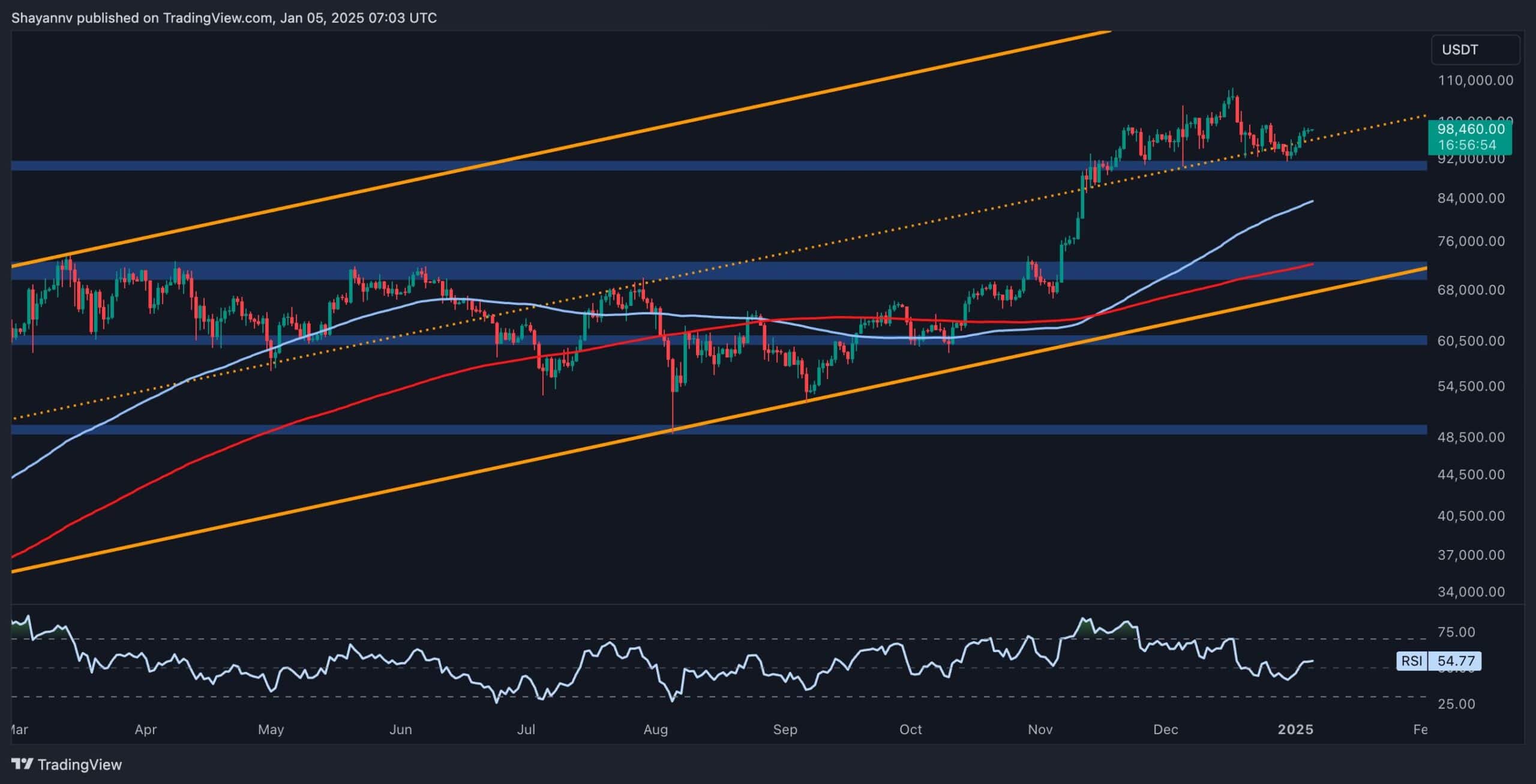
The post Why Corporate Giants Are Eyeing Bitcoin for Their Investments appeared first on Coinpedia Fintech News
The financial landscape is undergoing a profound transformation as cryptocurrencies, which were once viewed with skepticism, are increasingly embraced by institutions. This paradigm shift in investment strategies and financial services reflects a broader recognition of digital assets to reshape the global economy.
The Growing Prominence Of Bitcoin ETFs
On January 10th, there was a massive change in the institutional attitudes and legal categorization of Bitcoin when the Securities and Exchange Commission (SEC) approved spot bitcoin ETFs. The bitcoin ETFs were quickly sought out by institutional and retail investors alike earlier this year. There are now 36 different ETFs traded on the U.S. markets, and total assets are now over $61 billion. Only gold ETFs have a larger total asset size than bitcoin ETFs.
The prominence of bitcoin ETFs was further enhanced on September 20, when the SEC approved the listing and trading of options for asset manager BlackRock’s spot bitcoin ETF on the Nasdaq. BlackRock’s spot bitcoin ETF has become one of the fastest-growing ETFs of all time, and now has almost $23 billion in assets.
The BlackRock chief executive, Larry Fink, who was previously a bitcoin critic, now believes that he had been ‘wrong’ about bitcoin and now believes bitcoin is “digital gold” and a ‘legitimate’ financial instrument.
Bitcoin’s Post-Election Surge
Market analysts expect Bitcoin’s price to breach the $100,000 mark before the end of November as it surpassed a $90,000 record high on Nov. 13, just over a week after Trump won the US presidential election.
Notably, the total market value of cryptocurrency assets is now about $3.1 trillion, driven by the expectations of pro-crypto policies under the new administration. Trump’s pro-Bitcoin stance has further encouraged institutions to invest, anticipating regulatory changes that might benefit them. Trump noted that nearly 30-40 percent of Americans already hold crypto, suggesting that a favorable government stance could stimulate even more demand.
The recent green light for the US Bitcoin ETF options trading by the Commodities and Futures Trading Commission (CFTC) has further fueled market interest. This marks a major milestone for the crypto, especially as institutional interest is growing towards BTC.
Notably, the CFTC approval is also likely to provide more exposure for the investment instrument for the Wall Street players, which could boost the Bitcoin price in the coming days significantly.
Why is BTC good for Wall Street Biggies?
In a notable shift, more Wall Street billionaires are turning to Bitcoin (BTC) as a hedge against inflation, moving away from traditional government bonds. According to Forbes, prominent investors, including BlackRock CEO Larry Fink, have expressed growing confidence in Bitcoin’s potential to safeguard their portfolios amidst concerns over U.S. monetary policies and escalating national debt.
Over the past decade, Bitcoin has witnessed an enormous surge, increasing by 22,208%, while the U.S. dollar has depreciated by 33%. These figures accentuate the stark contrast between Bitcoin’s performance and the decline in fiat currency value, fortifying its appeal as a long-term investment vehicle.
Bitcoin’s capped supply of 21 million coins ensures scarcity, making it inherently resistant to inflation. This characteristic is particularly appealing to investors seeking assets that can retain or appreciate in value over time, unlike fiat currencies that can be printed in unlimited quantities.
Microstrategy’s Bitcoin Playbook
Microstrategy, led by Michael Saylor, holds more Bitcoin than any other public company. Microstrategy has acquired 279,420 BTC, which represents roughly 1.33% of the total supply. Microstrategy has employed a unique strategy in which they raise debt capital and use it to purchase bitcoin. The theory behind this strategy is that the company can repay the fiat debt by selling less bitcoin in the future. Other companies are beginning to imitate this strategy.
MicroStrategy’s next step is the “21/21 Plan,” where it plans to raise $42 billion, then use it to buy more Bitcoin. MicroStrategy already has 252,200 Bitcoins on its balance sheet, worth more than $21 billion at today’s prices. So the plan is to double the company’s current Bitcoin holdings. Already, it has the largest Bitcoin holdings of any company in the world and currently holds more Bitcoin than either the U.S. or the Chinese governments.
Are Firm’s Following Suit?
Japanese firm Metaplanet has been following the footsteps of MicroStrategy for its Bitcoin acquisition strategy. This has resulted in a massive gain in its BTC yield which has led to its valuation nearly double since the beginning of the year. After adding Bitcoin to their treasury back in September 2020, the MSTR stock price has rallied by a staggering 2200%.
It started acquiring Bitcoin as a treasury asset in May to address the declining yen and challenges from low interest rates and high national debt. Metaplanet quickly increased its Bitcoin holdings to 1,018.17 BTC by late October, with total investments close to $64 million.
Recently this week, it reported a $28 million increase in the valuation of its Bitcoin holdings due to its ongoing investments in the cryptocurrency. Metaplanet’s Bitcoin reserves now exceed 1,000 BTC. Metaplanet has now become one of Asia’s top corporate Bitcoin holders, exceeding a $64 million investment milestone.
Semler Scientific is also intensifying its Bitcoin buying plans as it increasingly transforms from a medical device company into a Bitcoin Treasury Company.
Robinhood Markets, a financial services company offering stock, ETF, and cryptocurrency trading also has been on a bitcoin-accumulation strategy. According to Arkham Intelligence, Robinhood controls 136,755 BTC.
Marathon Digital Holdings, the Bitcoin Mining mega-company, owns 27,562 BTC. Following many years of accumulation, the firm sold 766 BTC in March of 2023. The third-largest bitcoin holding by a public company is Tesla, Inc. which holds 11,509 BTC.
Strategic Bitcoin Reserve For US
Trump has already promised to improve the regulatory environment for crypto and to put more government resources into supporting Bitcoin.
And, just like MicroStrategy, the U.S. government could go on a Bitcoin buying spree of its own next year. As per its latest vision for a strategic Bitcoin reserve, the U.S. could buy as many as 1 million Bitcoins in the near future. That would likely force other nations to follow suit to keep up the pace with the U.S.
Can Corporate Giants Drive The Next Bull Run?
Wall Street billionaires’ pivot to Bitcoin as an inflation hedge marks a significant shift in investment strategies, reflecting a growing confidence in the cryptocurrency’s potential. With its impressive growth metrics, finite supply, and decentralized nature, Bitcoin offers a captivating alternative to traditional assets like government bonds.
Wealth management clients of Wall Street banks like Goldman Sachs, Bank of America, and Morgan Stanley in the third quarter continued to modestly accumulate (or trade) bitcoin (BTC) via spot bitcoin ETFs.
Goldman Sachs reported acquiring about $418 million in various bitcoin ETFs through its quarterly 13-F filing with the Securities and Exchange Commission. This includes a notable $238 million stake in the iShares Bitcoin Trust, representing nearly 7 million shares as of Jun 30. Additionally, Goldman took substantial positions in the Fidelity Wise Origin Bitcoin ETF FBTC, Invesco Galaxy Bitcoin ETF BTCO, and smaller amounts in other newly launched Bitcoin ETFs.
Morgan Stanley was the first among the big players on Wall Street to give the green light to its 15,000 financial advisors to start pitching clients, who have a net worth north of $1.5 million, bitcoin ETFs, specifically those issued by BlackRock and Fidelity.
JP Morgan reported minimal crypto exposure of around $42,000 worth of shares in Grayscale’s Bitcoin fund and another $18,000 worth of the ProShares Bitcoin Strategy ETF. HSBC has nearly $3.6 million worth of spot bitcoin holdings, all from the fund issued by Ark 21Shares, UBS has around $300,000 worth of spot bitcoin ETF holdings, and Bank of America has collective holdings of around $5.3 million, mostly from BlackRock and Fidelity.
“The crypto markets are strong because we have the sentiment shift,” Galaxy Digital chief Mike Novogratz told CNBC in May. “Crypto is now an asset class. It will be next year, it will be forever. And it wasn’t that way two years ago. There was risk around the asset class, and it’s been de-risked.”
Roadmap For Companies for BTC Adoption
As high-net-worth individuals and ultra-high-net-worth individuals show increasing interest in cryptocurrencies, institutions have adapted by incorporating digital assets into their portfolios and product offerings. This shift is essential for driving further institutional adoption.
The rise of secure custodial services, including platforms like Coinbase Custody and Bitco, has provided robust solutions. These services, equipped with cutting-edge security measures, have played a crucial role in making the crypto market more accessible to institutions.
Institutional involvement signifies that cryptocurrencies are no longer just speculative assets; but are legitimate investment opportunities. The introduction of products designed for easier investment, such as ETFs and trusts, allows retail investors to gain exposure to digital assets through familiar and regulated channels.
Many analysts and enthusiasts anticipate 2025 to begin another explosive bull run, potentially rivaling or exceeding the 2021 rally. With Bitcoin (BTC) leading the charge, the potential involvement of giant institutions could ultimately drive the price of Bitcoin, to unprecedented levels.

 1 month ago
26
1 month ago
26









 English (US) ·
English (US) ·